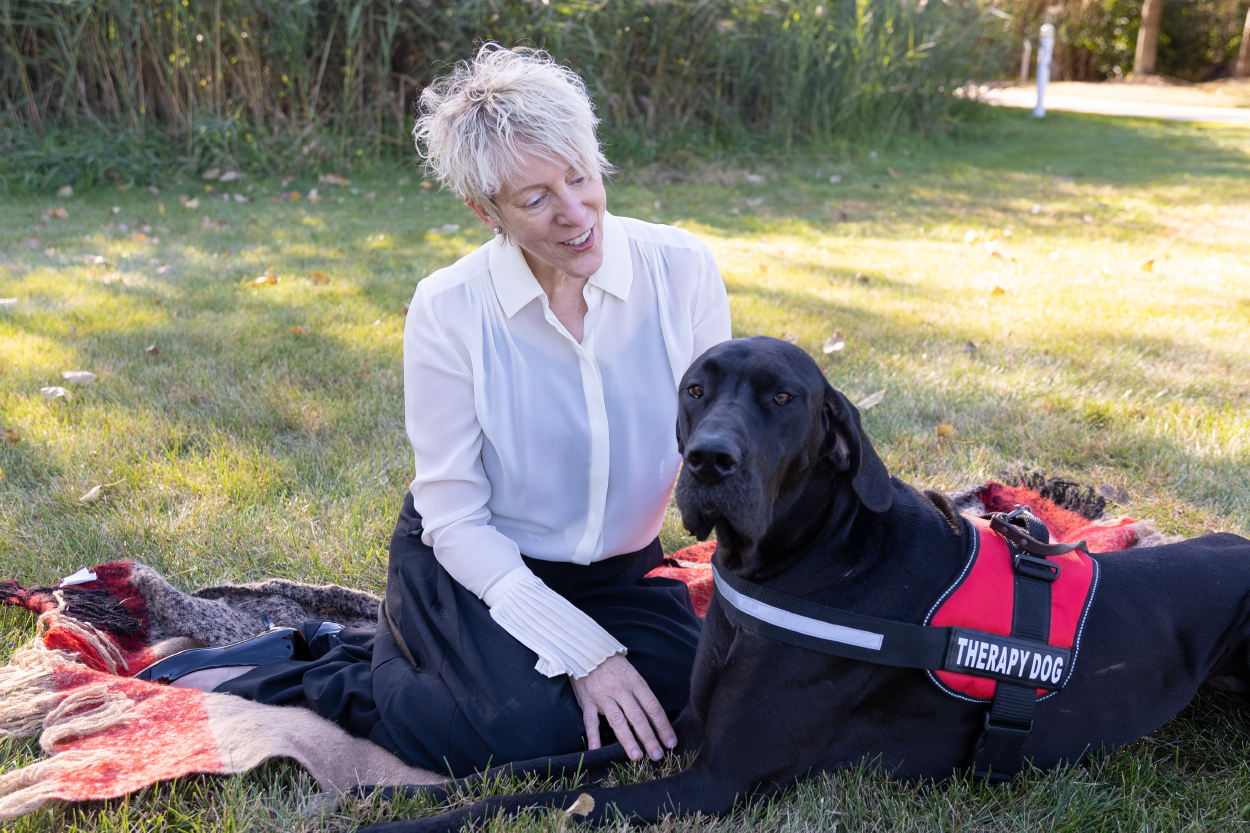Explore Counseling Today Articles
-
 Forming friendships as a neurodivergent adultJune 2023 |By Samantha Cooper
Forming friendships as a neurodivergent adultJune 2023 |By Samantha CooperA common misconception about people who are neurodivergent is that they cannot or do not want to form friendships.
-
 Addressing intimate partner violence with LGBTQ+ clientsJune 2023 |By Lisa R. Rhodes
Addressing intimate partner violence with LGBTQ+ clientsJune 2023 |By Lisa R. RhodesIntimate partner violence among LGBTQ+ individuals often goes unacknowledged and untreated, despite occurring at rates equal to or greater than those experienced by heterosexual couples.
-
 Working with adults who bullyMay 2023 |By Lisa R. Rhodes
Working with adults who bullyMay 2023 |By Lisa R. RhodesEveryone can remember being bullied. Maybe someone teased you relentlessly about your name because it “sounded funny” or they made fun of your physical appearance.
-
 A closer look at the mental health provider shortageMay 2023 |By Lindsey Phillips
A closer look at the mental health provider shortageMay 2023 |By Lindsey PhillipsSolutions to the nationwide mental health provider shortage are often as complex as the reasons behind it.
-
 Fast-food frenzy: Treating emotional eatingApril 2023 |By Scott Gleeson
Fast-food frenzy: Treating emotional eatingApril 2023 |By Scott GleesonEmotional eating may be one of the most disguised forms of escapism clients turn to when dealing with stress or trauma.
-
 The impact of telebehavioral health on clinical practiceApril 2023 |By Lisa R. Rhodes
The impact of telebehavioral health on clinical practiceApril 2023 |By Lisa R. RhodesAs telebehavioral health continues to reshape the profession, counselors are adapting the clinical skills they use for in-person therapy to better fit an online environment.
-
 Is mindfulness a cure-all approach?March 2023 |By Samantha Cooper
Is mindfulness a cure-all approach?March 2023 |By Samantha CooperMindfulness is often seen as a cure-all approach, but as with other clinical approaches, counselors should carefully consider when and how they integrate this practice into sessions.
-
 The maternal mental health of Black womenMarch 2023 |By Lisa R. Rhodes
The maternal mental health of Black womenMarch 2023 |By Lisa R. RhodesBecause Black women in the United States face an alarmingly higher rate of maternal mortality and mental health conditions, counselors should be prepared to help clients manage their mental health while also advocating for quality care from health pr
-
 ‘The walls come right down’: The clinical benefits of therapy dogsFebruary 2023 |By Scott Gleeson
‘The walls come right down’: The clinical benefits of therapy dogsFebruary 2023 |By Scott GleesonTherapy dogs can be more than our best friends; they can also help reduce clients’ stress and provide the emotional safety needed to process traumatic and painful life events.
-
 Counseling youth aging out of foster careFebruary 2023 |By Lisa R. Rhodes
Counseling youth aging out of foster careFebruary 2023 |By Lisa R. RhodesRachel Jacoby, a licensed professional clinical counselor supervisor, once worked at a community mental health agency providing counseling services to youth in foster care.
Search CT Articles
Filter CT Articles
Current Issue
Sign Up for Updates
Keep up to date on the latest in counseling practice. Sign up to receive email updates from Counseling Today.


